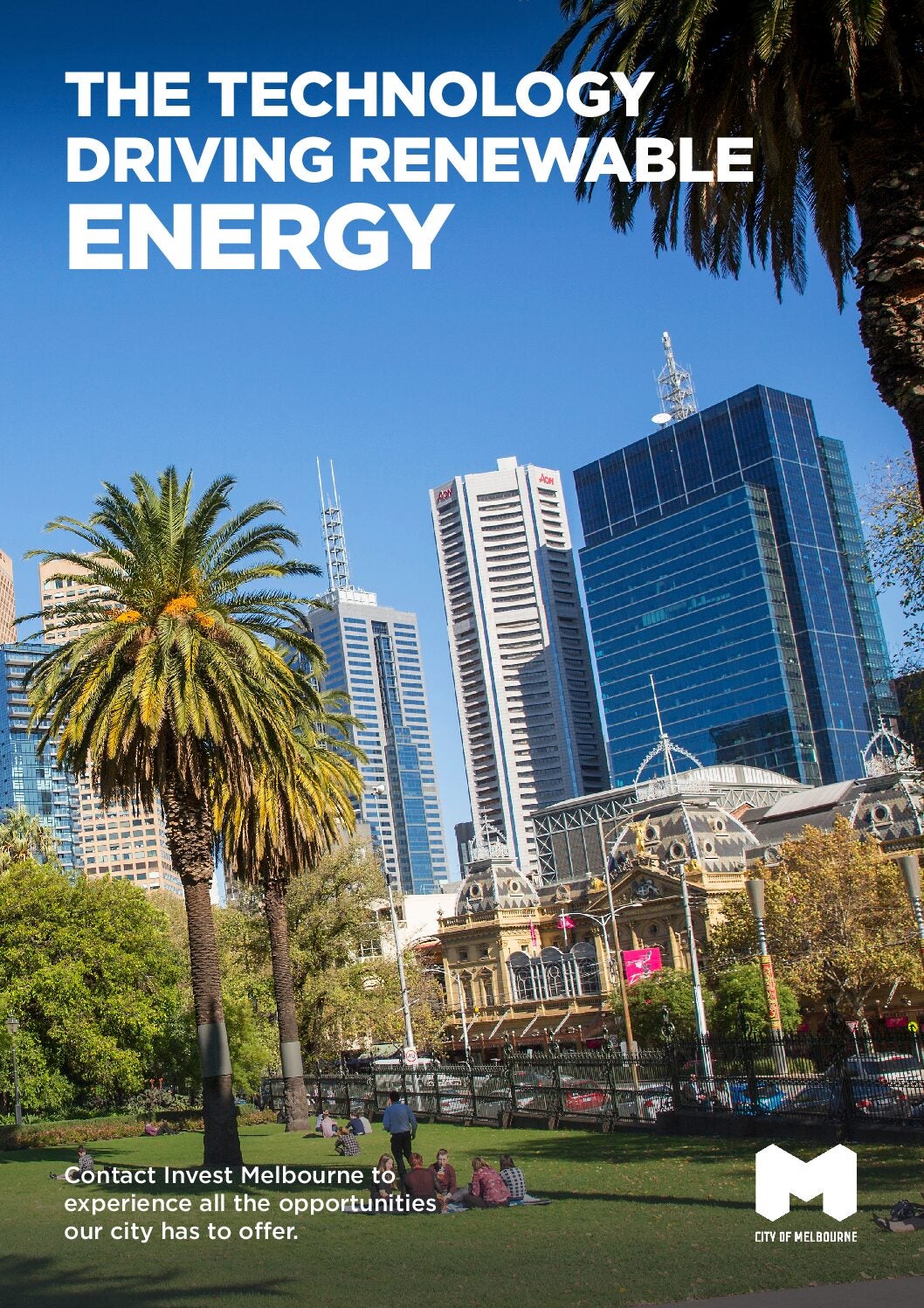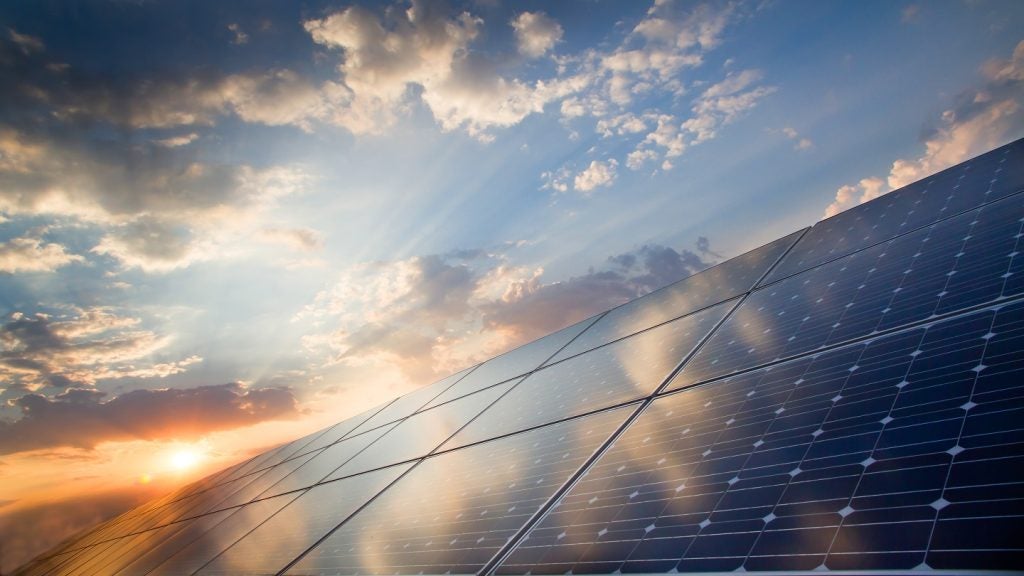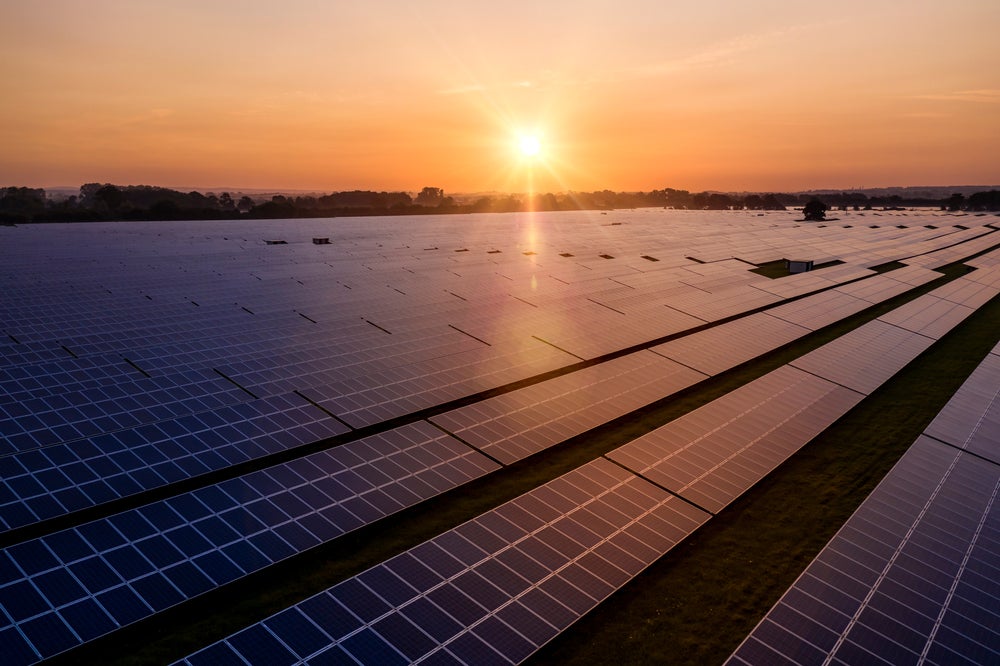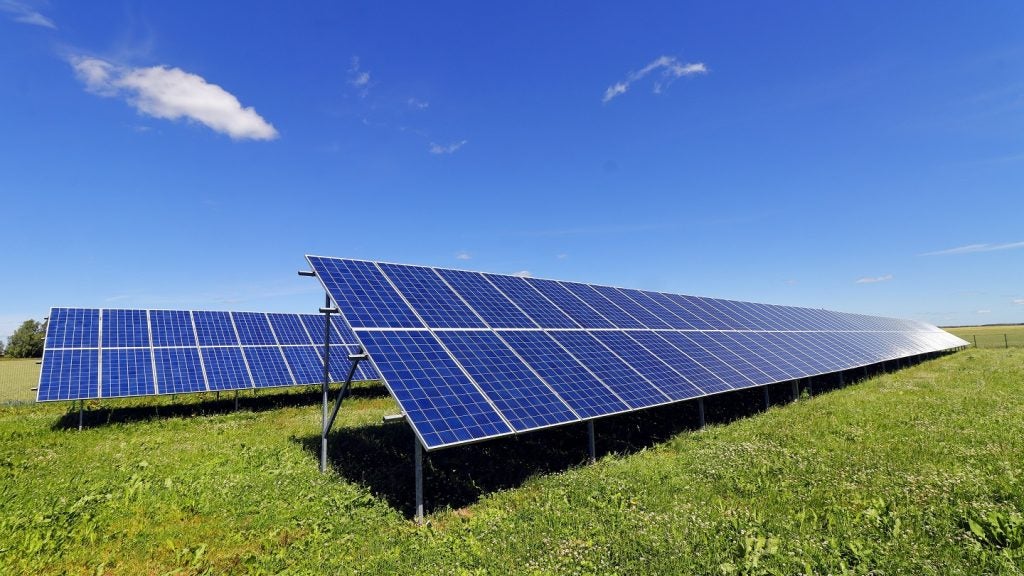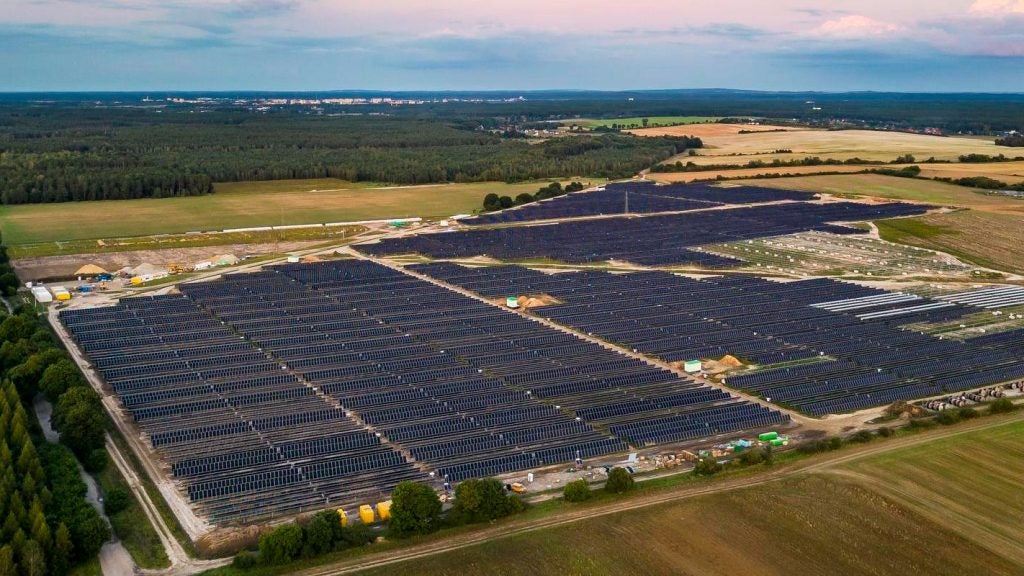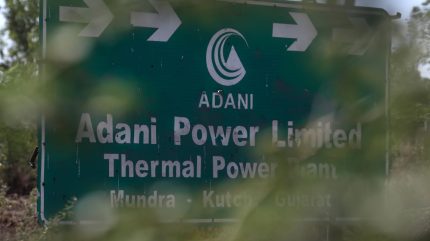
On 3 January 2024, Indian multinational conglomerate Adani Group received relief from India’s Supreme Court as the judges ruled that the company, accused of stock manipulation and accounting fraud by US-based Hindenburg Research, does not require further investigation.
In January 2023, forensic financial research company Hindenburg published a report accusing Adani of impropriety in using tax havens and raising concerns over its debt levels. Adani denied the allegations, calling them “unsubstantiated speculations”.
How well do you really know your competitors?
Access the most comprehensive Company Profiles on the market, powered by GlobalData. Save hours of research. Gain competitive edge.

Thank you!
Your download email will arrive shortly
Not ready to buy yet? Download a free sample
We are confident about the unique quality of our Company Profiles. However, we want you to make the most beneficial decision for your business, so we offer a free sample that you can download by submitting the below form
By GlobalDataFollowing the allegations, not only did Adani stocks plummet, but India’s entire energy market was rattled. Then, Adani stocks mysteriously recovered soon after. The country’s market volatility led to further accusations of possible stock manipulation by Adani and concerns about the company’s influence over the market.
The Supreme Court agreed to hear a plea in February 2023, setting up a panel to investigate the allegations. The panel scrutinised whether the group failed to disclose transactions between related parties and the Securities and Exchange Board of India (SEBI), a routine requirement, as well as whether stock prices were manipulated after the accusations.
It would be months before the panel made a decision. Meanwhile, in April 2024, the opposition party Congress accused the Modi government of granting monopolies to the Adani Group despite ongoing investigations and the company’s fraudulent history. In its report, Congress questioned why the group’s stock prices skyrocketed during this time and whether the Modi government pressured the SEBI to slow down its investigation.
On 6 May 2023, the panel concluded that there was no artificial trading or “wash trades”, where stocks are exchanged to mislead market watchers. The board considered stock exchange alerts in four reports, two produced before the Hindenburg report and two after.
A report by the SEBI added that while the allegations against Adani contributed to the market volatility, it was not solely responsible. “The market has re-priced and re-assessed the Adani stocks. While they may not have returned to pre-24 January levels, they are stable at the newly re-priced level,” the SEBI’s 178-page report reads.
The SEBI had already been investigating 13 overseas entities related to Adani before the accusations surfaced. However, neither the SEBI nor the panel found any evidence to support the accusations during further investigations.
Throughout the remainder of last year, Adani recovered financially rather quickly and resumed business with international investors. Further evidence indicates that despite the scandals, which could have sunk another company, Adani Group has continued to dominate the Indian energy market.
The financial impact of scandals on Adani
When the Hindenburg report was released in 2023, Adani experienced a significant financial setback. The company’s shares plummeted, resulting in a loss of $34bn (Rs2.84trn) in just three days. On 28 February 2023, the company’s shares hit an all-time low of Rs132.
In total, Adani’s publicly listed companies faced a meltdown of $150bn in shares last year following the Hindenburg report.
However, the downward trend took a quick turn; this January, just one year after the scandals broke, Adani Group’s shares rallied by 18% despite the stock market remaining flat, according to the Hindustan Times. Even though the shares remain down roughly $47bn, according to Reuters, from their levels before the Hindenburg report, Adani Group is now financially well-positioned to reclaim its former glory.
Adani’s power-related enterprises, in particular, made an exceptional comeback. Adani Power expects to witness exceptional growth of 89% in the third quarter of fiscal year 2024, surpassing the previous year’s levels. Adani Ports and Special Economic Zone expects an impressive growth of around 50% from last year’s levels.
Adani’s financial recovery this year has mostly been attributed to shareholders and investors regaining their faith in the company after the Supreme Court’s relief. Meanwhile, the success of its power-related enterprises hasn’t raised eyebrows as it has been in line with India’s entire power sector, which has witnessed a rally in stocks – but the truth may not be so straightforward.
Adani’s position in the Indian energy market
The Adani Group is India’s primary source of energy resources. It also owns eight airports, which handle 25% of passenger traffic and 33% of cargo. The company also owns, or is currently constructing, multiple data centres as well as more than 5,000km of roads across the country. Furthermore, it plays a crucial role in producing solar and wind equipment essential for India’s renewable energy ambitions.
Adani is a conglomerate operating various businesses including Adani Green Energy (AGEL), India’s largest renewable energy company and the second-largest solar PV developer in the world; Adani Power, India’s most extensive private power company; and Adani Total Gas.
Of its operations, AGEL best showcases Adani’s authority in the Indian energy market. Its current domestic operational capacity is 8.4GW and covers 12 states. The company, backed by TotalEnergies, aims to achieve a green energy capacity of 45GW by 2030.
Moreover, one year after the scandal and investigation, AGEL announced that it had operationalised 551MW of solar capacity in Khavda, Gujarat. AGEL plans to develop 30GW of renewable energy capacity there within five years; once completed, the Khavda park will be the largest renewable energy installation in the world, according to the company.
Given its significant market share and involvement in numerous energy projects in India, there are concerns about the group’s market monopoly.
Adani’s political connections
The ruling Bhartiya Janata Party (BJP) has faced allegations of granting “monopolies” to the Adani Group. In March 2023, Congress, held by the opposition party, claimed these monopolies enabled it to overcharge consumers who rely on essential infrastructure services such as airports and electricity, local media reported.
VIDEO | #Congress election manifesto: "This election is about those who are trying to destroy the Constitution and the democracy in the country versus those who are trying to protect the Constitution and democracy. We do believe that it is very important, once this fight is won,… pic.twitter.com/476QAN8xBm
— Press Trust of India (@PTI_News) April 5, 2024
Congress General Secretary Jairam Ramesh raised a series of 100 questions in the party’s ‘Hum Adani Ke Hain Kaun‘ (Who are we to Adani?) report published last year. Ramesh asked Prime Minister Narendra Modi three questions about how Adani became India’s largest port operator, how Adani achieved this without engaging in any competitive bidding, and why it received the help of government raids on owners of private ports. Ramesh mentioned that these owners had all eventually decided to sell their assets to Adani.
Additionally, the report stated that the recent allegations of Adani’s stock manipulation “bears a disturbing resemblance” to the 2007 incident in which the SEBI discovered that Ketan Parekh, a notorious former stockbroker, had engaged in manipulative activities such as synchronised dating, slash circular dating and creating artificial volume to influence the price of Adani’s scrip – the only difference being that “the stock manipulation is now done by opaque offshore entities”.
“Why did you [BJP] tolerate the extreme rise in Adani Group stock prices after 2020 without a serious investigation?” Congress asked in the report.
It is also notable that, within three months of granting relief to Adani, the Supreme Court directed the local markets regulator to complete an inquiry into the group in early January; consequently, Adani’s shares spiked.
Despite the legitimacy of the concerns raised, Modi and the BJP have neither commented on nor taken any action to address the issue specifically. However, founder and chairman Gautam Adani has consistently refuted allegations that his long-standing association with Narendra Modi has resulted in preferential treatment, and the Indian Government has also denied any such claims.
As a result, foreign entities have had to step in. Sources with direct knowledge of the matter said that US prosecutors are expanding an investigation into Adani, focusing on the founder’s relationship with Modi and whether bribery was involved.
Adani and Modi, who share ties from their roots in Gujarat, have a long-standing relationship dating back to 2002. During his tenure as the chief minister of Gujarat, Modi’s close ties with prominent industrialists like Adani enabled him to transform himself into the pro-business face of contemporary economic growth, the Guardian said. Adani, on the other hand, received highly advantageous tax and regulatory exemptions in the state, allowing his wealth and influence to increase exponentially.
As made evident by AGEL’s recent initiatives, Adani has aggressively pushed to expand its renewables portfolio – and has, so far, succeeded – amidst Modi’s strong advocacy for establishing India as a leader in green energy.
Over the past two decades, Adani has experienced significant market growth and has become a dominant player in the Indian energy market. Despite several scandals involving many of Gautam Adani’s family members associated with the company, the government has continued to support Adani’s growth. Many global investors have seen this support as an opportunity to invest in the emerging Indian energy market.
Although both the company and the government have consistently denied that their relationship affects business decisions, the Adani Group’s expansion has gone hand in hand with the BJP’s growth in the past decade. One example is that after the Adani Group recovered from setbacks last year, the Indian Government awarded the company more energy projects within six months.
In a manifesto announcement on 5 April 2024, ahead of the Indian general elections this month, Congress leader Rahul Gandhi said that Adani holds a “monopoly in ports and infrastructure” and that Modi has promoted this with “political finance with the help of ED, CBI, and Income Tax department”, as reported by Asian News International.
Given the tense political climate surrounding the elections, it is uncertain how the outcome of the Indian elections will affect the Adani Group’s position in the country’s energy industry.


